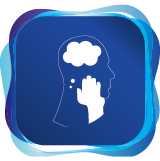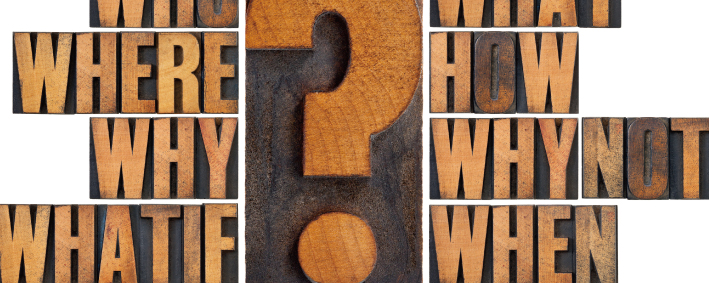 |
CCST9027 Scientific and Technological Literacy
|
Course Description
Human judgement and decisions are often irrational. People subscribe to fallacies, hold superstitious beliefs, make inconsistent judgements, and allow irrelevant factors to influence decisions. Often, such errors are not due to lack of knowledge or intelligence, but are consequences of the way our brains work. The mental processes that allow us to make decisions in the complex situations of everyday life can also lead us to errors and irrational thinking.
This course examines irrational thinking from a scientific perspective. We will survey a range of systematic errors and biases that have been identified, discuss scientific evidence and explanations, and analyze how these biases manifest themselves in domains like medicine, economics, and consumer choice. A number of class demonstrations, modelled after actual studies, will help illustrate the effects.

Course Learning Outcomes
On completing the course, students will be able to:
- Identify and describe common biases in intuitive judgement and decisions.
- Recognize these biases in real world situations and predict their consequences.
- Explain psychological theories for these errors and supporting empirical evidence.
- Discuss and critically evaluate psychological theories of intuitive judgement and decision making.
- Apply knowledge and theories to analyze judgements and decisions in real world situations.
Offer Semester and Day of Teaching
First semester (Wed)
Study Load
| Activities | Number of hours |
| Lectures | 22 |
| Tutorials | 12 |
| Reading / Self-study | 80 |
| Assessment: Quizzes | 5 |
| Assessment: Mid term test | 2 |
| Assessment: Examination | 3 |
| Total: | 124 |
Assessment: 65% coursework; 35% examination
| Assessment Tasks | Weighting |
| Weekly study questions | 15 |
| Tutorial exercises | 20 |
| Midterm test | 30 |
| Examination | 35 |
Required Reading
Core readings:
- Ariely, D. (2008). Predictably irrational. New York: HarperCollins.
- Gilovich, T. (1991). How we know what isn’t so: The fallibility of human reason in everyday life. New York: The Free Press.
- Schwartz, B. (2004). The paradox of choice: Why more is less (1st ed.). New York: ECCO.
Selected chapters from:
- Gigerenzer, G. (2007). Gut feelings: The intelligence of the unconscious. New York: Viking.
- Groopman, J. E. (2007). How doctors think. Boston: Houghton Mifflin.
- Lewis, M. (2003). Moneyball: The art of winning an unfair game (1st ed.). New York: W. W. Norton.
- Piattelli-Palmarini, M. (1994). Inevitable illusions: How mistakes of reason rule our minds. New York: Wiley.
Course Co-ordinator and Teacher(s)
| Course Co-ordinator | Contact |
| Professor J.A. Saunders Department of Psychology, Faculty of Social Sciences |
Tel: 3917 8596 Email: jsaun@hku.hk |
| Teacher(s) | Contact |
| Professor J.A. Saunders Department of Psychology, Faculty of Social Sciences |
Tel: 3917 8596 Email: jsaun@hku.hk |

